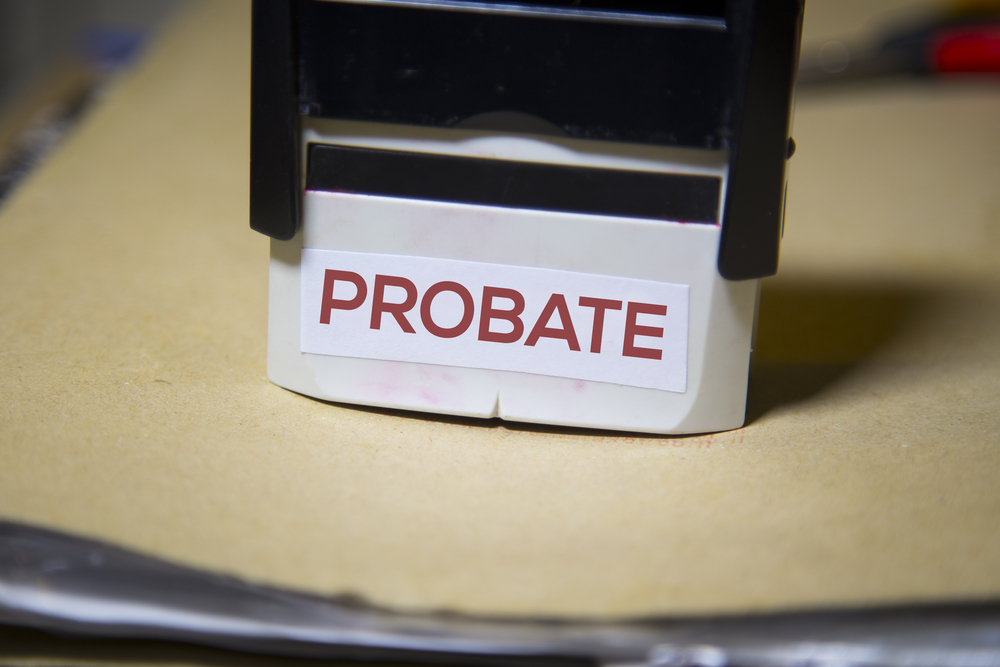Steps to Making Probate Faster In New Jersey
January 6, 2020
The court-supervised process that might be initiated after a person passes away is known as probate in New Jersey. While there are some situations that make it possible to avoid probate, it is likely still required that a family member or an appointed personal representative will need to gather all of the deceased person’s assets, information on taxes, and debts.

It becomes the responsibility of this person to transfer these assets first to creditors and taxes, and then to remaining heirs. There are six overall steps that typically apply in a New Jersey probate process. These include:
- Filing to be the personal representative or the executor under the will which formally opens the estate.
- Provide notice about the passing of the deceased to relevant beneficiaries and heirs.
- Sending out notices to creditors of the estate and calculating a full inventory of the property inside the estate.
- Paying out expenses related to the funeral and estate, along with taxes and debts must occur before beneficiaries to the estate receive anything.
- Remaining property then is distributed under New Jersey laws of intestacy or under the will.
- Formal closing of the estate and final filing of tax returns.
All of these procedures might seem overwhelming for someone who is new to the probate process, but scheduling a consultation with an experienced New Jersey estate planning professional can make it that much easier for you to accomplish these goals quickly and easily.




